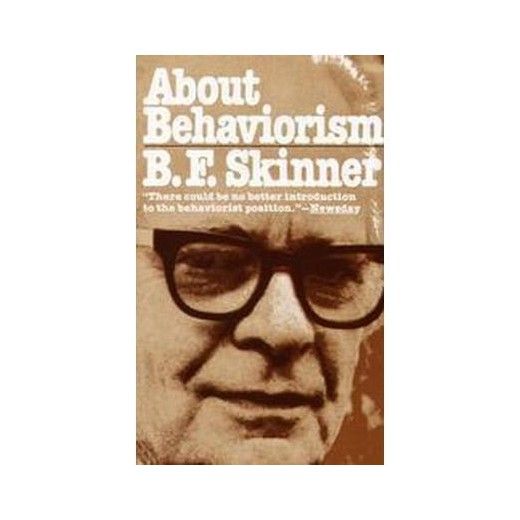Three job tips for students
Few things tell me less about a prospective hire than clips from a college newspaper.
Yet most of the students I meet use clips as the center of their job-searching efforts. The students, apparently at the urging of teachers, are often quite proud of their clips. And they have come to believe that the perfect clip will lead to the perfect entry-level job.
I don't want to suggest that a clip has no value. But the truth is that when a student hands me a pile of clips, it will take weeks before I so much as glance at them. And glance is the most I'll do.
And I think that most established journalists feel the same way. We know the clips have been edited --often heavily. And we know that many of the stories that students hand to us have been kicked back for rewrites numerous times.
Most importantly, a clip ties a student to the part of the industry that is least likely to hire him -- print. When a student hands a clip to a publishing executive today he's likely handing it to someone who has already laid off a slew of print-only reporters. It's an exercise in absurdity for students to market themselves as talented print journalists to executives who have laid off talented print journalists by the thousands.
So what do I -- and many others in the industry -- look for from students?
We look for people who can help us navigate the future.
We know what many students seem not to know: no young person is likely to spend his career in print alone. But we also suspect that students are already living in the future we see for the industry: a 24-hour environment of collaboration, community, multimedia and mobile, a work/life of creation and consumption that erases the lines between professionals and audience.
When I meet students I'm looking for three things. And I urge my clients and friends in the industry to look for these same three traits. I may write more about each of these in the next few days. But for now, I'll offer this brief summary of the things that can get a kid a job.
1. Youth itself: I was in a newsroom the other day where a young person, fresh from school, was talking about the weather outside. "It's 72 degrees," she said glancing at her computer, "according to my widget." And I had to laugh aloud. Because an hour earlier I had found myself in a frustrating conversation with her boss in which I tried to explain what widgets were and how they worked.
The simple truth is that youth itself has a value in today's publishing world. We need people who live online and understand what it means. I tell students not to let anyone -- particularly older journalists and teachers -- belittle their culture. I want to hire people who send text messages on a PDA, have Facebook accounts and MySpace pages and write blogs about local bands. I don't need experts in these things. I just need people I can talk to when I want to talk about new products and ideas. And I'm just so tired of explaining to people how to use de.licio.us bookmarks.
2. Self-taught: When I look at the skill set on a student's resume I'm most interested in things that are not part of the curriculum. I know how quickly things have changed in our industry. And I know how quickly they will continue to change. And time and time again I've seen journalists complain about things that they don't know how to do because no one has taught them. Then I've waived good-bye as they were laid off.
So I want new hires who have enough sense to teach themselves what they need to know. Sure, there are skills and software that I prefer to others. But when I'm meeting students I'm thrilled by someone who taught himself Dreamweaver, whereas I'm not so impressed by someone who took a course in PhotoShop.
3. Entrepreneurial: Back when I was leaving school, with my degree in hand and a ton of clips from a great journalism program, I had the good luck to interview with someone who quizzed me incessantly about my life. And he was pleased and surprised to find that a) I had helped publish a fanzine about music in New York, and b) had been paid $15 a week while a student to type up sport scores from my school and walk them over to a local paper.
Neither of those things were on my resume. But they were the reason he hired me.
Now I'm the old guy. And I look for those same indications of ambition and entrepreneurial sense in students.
That's why I tell students that the only clips I want to see are the ones they were paid for. Nothing tells me that a writer has value like that fact that someone "valued" his writing.
I'll be talking about these issues tomorrow at ABM's Digital Velocity conference. If you're going to be there, stop by and say hello.
tags: journalism, b2b, media, trade press, magazines, newsletters, business media, journalism education




